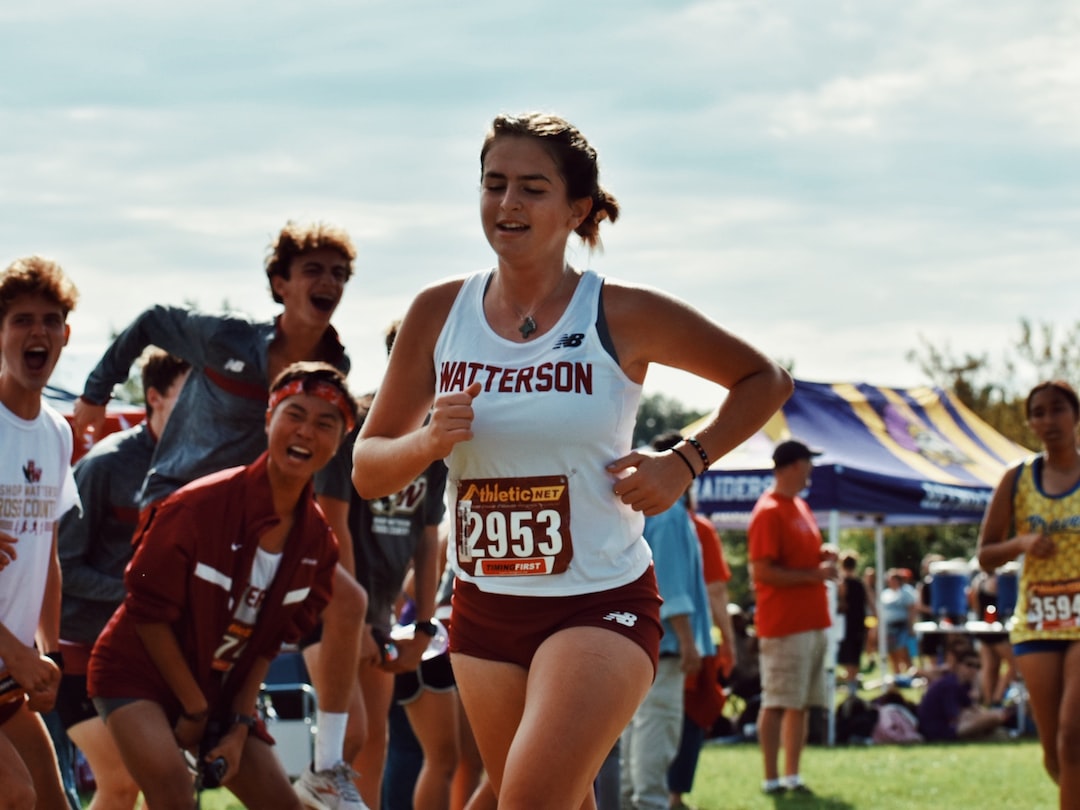The Role of Cross-Training in Athletics
Athletes are continuously seeking ways to enhance their performance, strength, and endurance. While specialized training in a specific sport is crucial, incorporating cross-training into an athlete’s regimen can provide numerous benefits. Cross-training refers to engaging in different activities and exercises that are not directly related to the athlete’s primary sport. It involves exposing the body to various movements, intensities, and muscle groups, allowing the athlete to become more well-rounded and adaptable. In this blog post, we will explore the significant role cross-training plays in athletic development and performance.
One of the notable benefits of cross-training is injury prevention. Regularly participating in the same repetitive movements and placing stress on the same muscles can lead to overuse injuries. By engaging in different activities, athletes can reduce the risk of these injuries by strengthening other muscle groups and giving their primary ones a chance to recover. For example, basketball players can benefit from incorporating swimming into their training routine, as it is a low-impact exercise that allows for full-body movement without putting excessive strain on the joints. This helps to minimize the risk of injuries such as sprained ankles or stress fractures.
In addition to injury prevention, cross-training has been found to improve an athlete’s overall fitness level. Since the body adapts to the demands placed upon it, engaging in different activities challenges the cardiovascular system, muscular endurance, and flexibility. For instance, a soccer player who incorporates yoga into their training routine can improve their flexibility, balance, and core strength. This, in turn, can enhance their agility on the field and reduce the likelihood of muscle imbalances or stiffness.
Moreover, cross-training provides mental benefits to athletes. Constantly focusing on a single sport can lead to burnout and mental fatigue. Engaging in different activities not only stimulates new muscle groups but also offers a mental break from the routine. Trying new exercises and sports can inject excitement and variety into a training program, keeping athletes motivated and passionate about their overall fitness journey. Whether it’s rock climbing, cycling, or martial arts, diversifying an athlete’s training can help prevent boredom and maintain a high level of enjoyment and dedication to their primary sport.
Cross-training also plays a pivotal role in improving an athlete’s performance by enhancing specific skills. Many sports require a combination of strength, endurance, speed, and coordination. Through cross-training, athletes can target specific areas of weakness and work on improving them. For example, a gymnast who incorporates strength training into their routine can enhance their explosive power, helping them execute more challenging movements with greater ease. Similarly, a long-distance runner who adds interval training to their regimen can improve their speed and overall race performance.
Furthermore, cross-training cultivates versatility and adaptability in athletes. The ability to adapt to changing circumstances and perform at a high level in a dynamic environment is essential in sports. Cross-training exposes athletes to diverse training methods and movements, which helps develop agility, quick decision-making, and overall athleticism. This adaptability becomes especially valuable in team sports, where athletes must be prepared to fill different roles and positions to support their team’s success.
In conclusion, cross-training plays a crucial role in an athlete’s overall performance, injury prevention, mental well-being, and skill development. It is essential for athletes to embrace diversity in their training routines to maintain physical and mental balance, reduce the risk of overuse injuries, and enhance their versatility and adaptability. By incorporating different activities into their practices, athletes can reap the benefits of improved fitness, reduced mental fatigue, enhanced skills, and ultimately, success in their chosen sport. So, next time you hit the gym or practice field, remember the importance of cross-training and explore new horizons to reach your full athletic potential.


